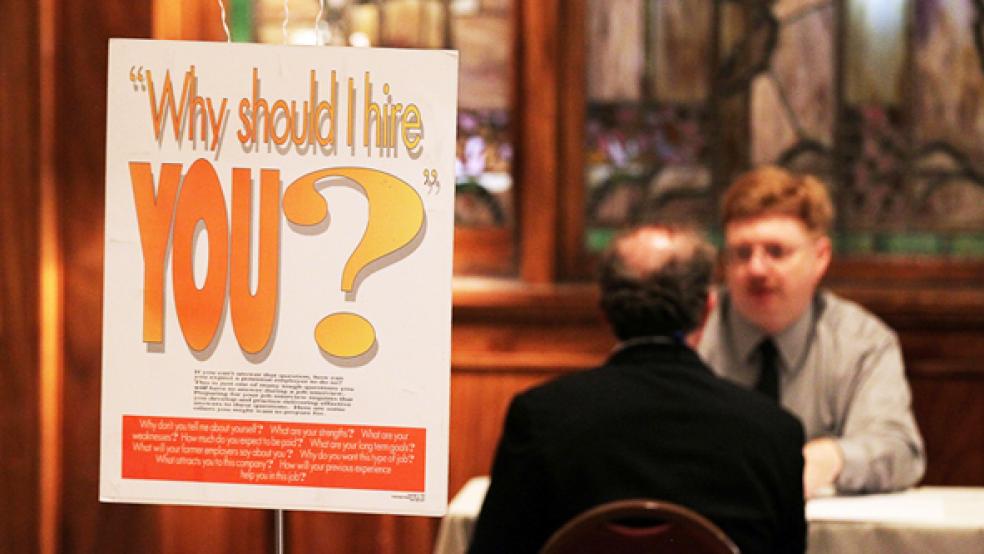Job growth in May was the weakest in a year and employers added far fewer jobs in the prior two months than previously reported, suggesting the economic recovery was faltering.
Employers created a paltry 69,000 jobs last month, the Labor Department said on Friday, the fewest since May last year. Economists polled by Reuters had expected nonfarm payrolls to increase 150,000.
In addition, employers added 49,000 fewer jobs than previously estimated in March and April. The unemployment rate rose to 8.2 percent from 8.1 percent as people flocked into the labor market.
While unseasonably warm weather that brought forward hiring into the winter months has been blamed for the step back in March and April, the latest report hinted at more fundamental weakness in the economy.
It could further shake confidence, coming on the back of a raft of soft regional factory surveys and a worsening of the debt crisis in Europe. Data on Friday also showed China's vast factory sector lost momentum in May.
Economists have blamed Europe's prolonged financial crisis and slowing Chinese growth for sluggish factory activity in May, which has evoked memories of the slackening of job growth in the summer of 2011 when the recovery nearly stalled.
However, a survey of households showed stronger employment gains. While the unemployment rate rose as new job seekers flooded into the labor force.
The weak payrolls report could cause the Federal Reserve to move closer to launching a third round of bond purchases to shore up the economy. It could also exert more pressure on President Barack Obama, who faces a tough re-election campaign in November.
The level of employment is still 5 million jobs below where it was in December 2007, when the economy fell into recession. Analysts say the economy needs to create roughly 125,000 jobs a month just to keep the unemployment rate steady.
The labor force participation rate - the share of working-age Americans who either have a job or are looking for one - rose to 63.8 percent after dropping to a 30-year low in April.
Job gains were weak across the board last month, with the private sector adding only 82,000 positions. Government payrolls dropped by 13,000, dragged down by ongoing belt-tightening by local governments.
Construction employment fell 28,000 in May, the fourth straight decline, driven by an increase in residential construction. Manufacturing, the recovery's star performer, added 12,000 jobs.
Given the high unemployment rate, average hourly earnings rose only two cents and the average workweek fell to 34.4 hours.

